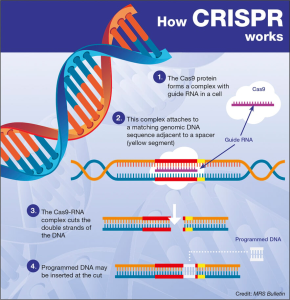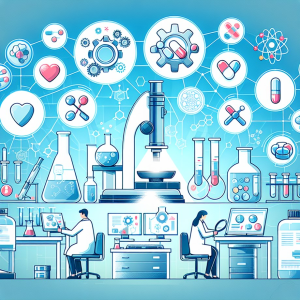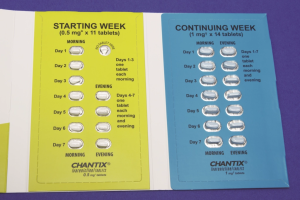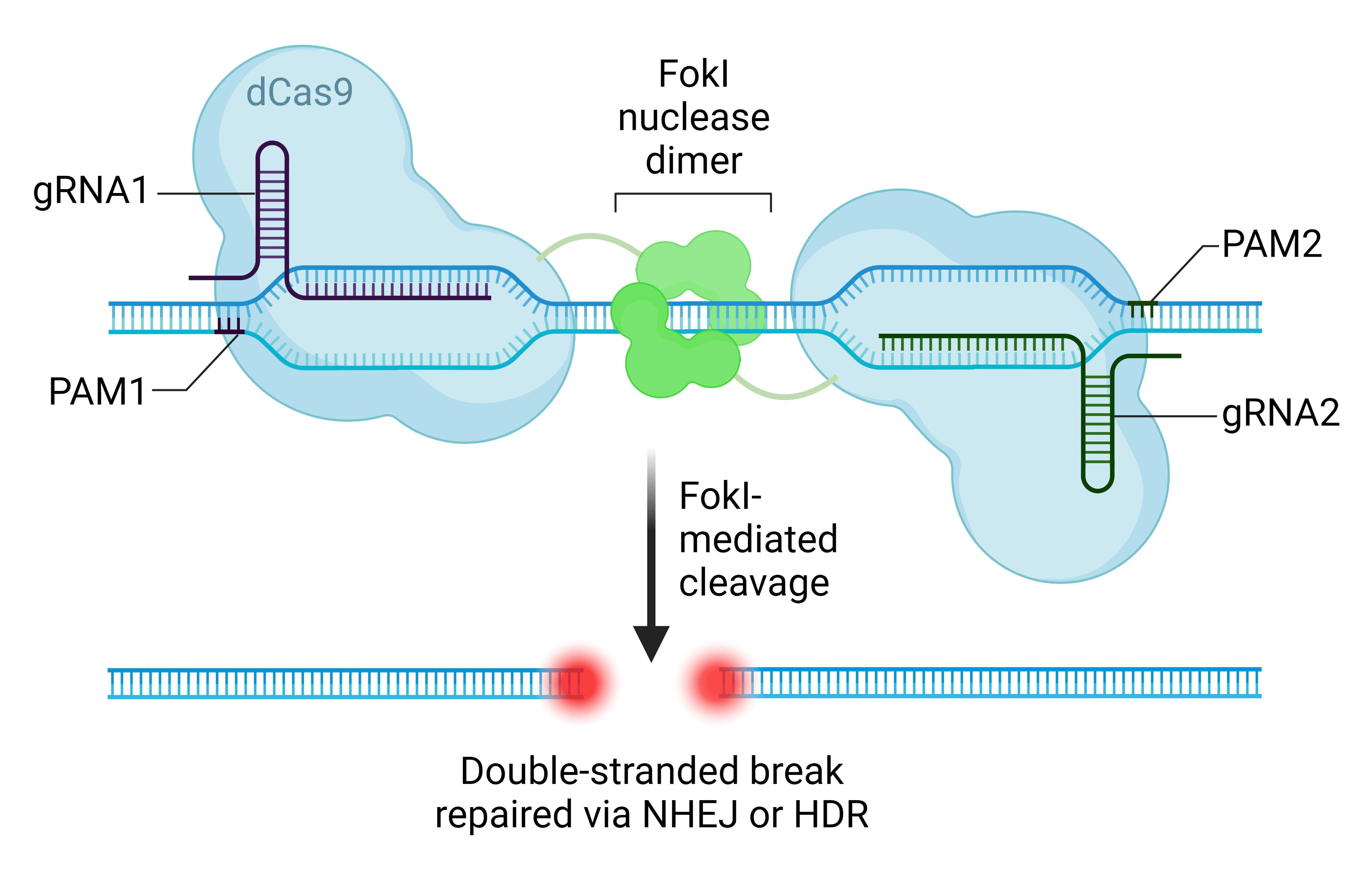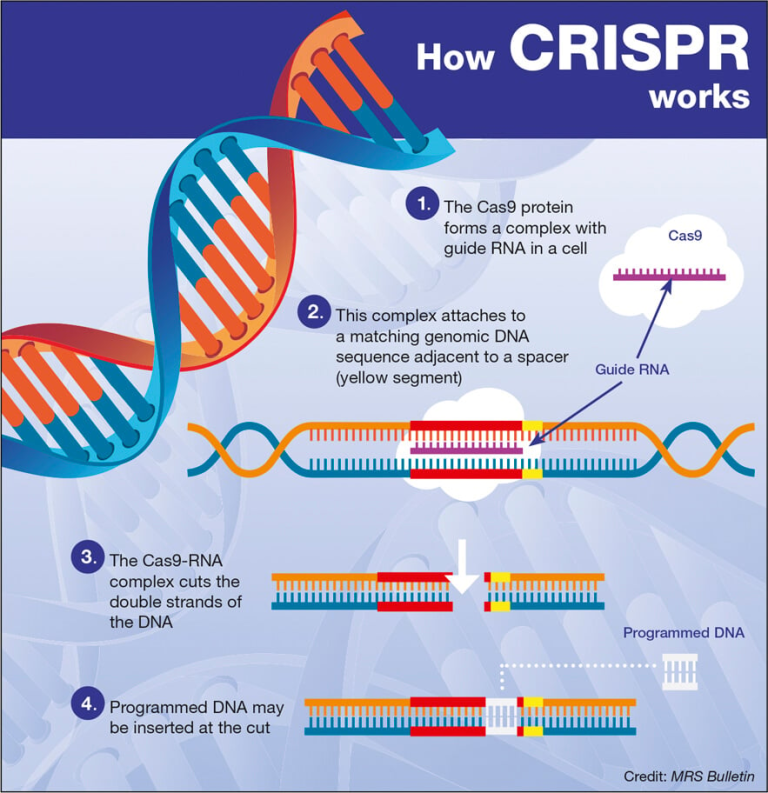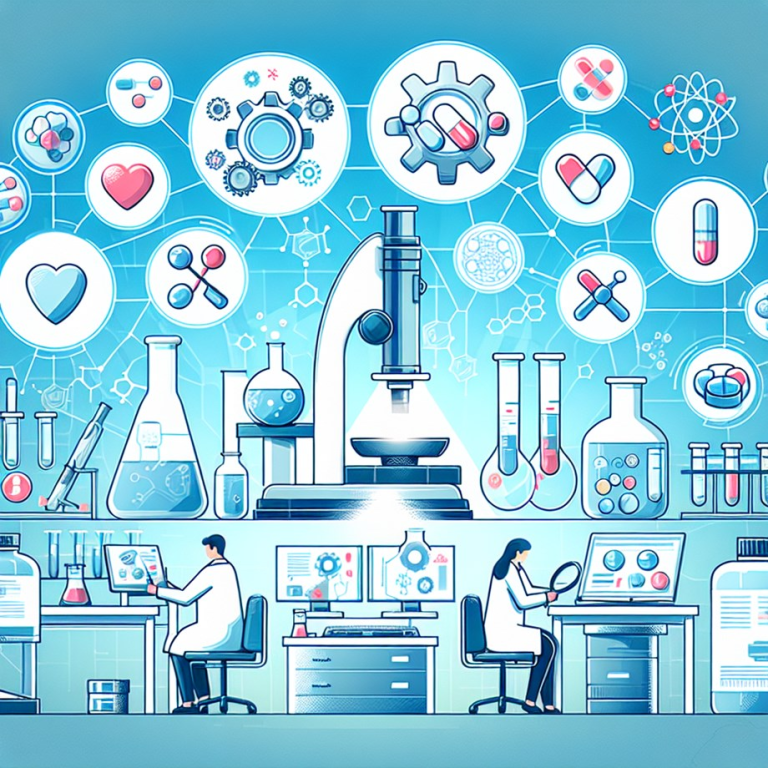CRISPR gene editing has emerged as a revolutionary technology in modern science, offering unprecedented possibilities for altering genetic information with remarkable precision. This groundbreaking method has sparked intense discussions not only about its potential to eradicate devastating conditions such as sickle cell disease, but also about the significant ethical questions it raises. As researchers explore the frontiers of CRISPR technology, the intersection of bioethics and gene editing ethics becomes increasingly important, particularly when considering health equity in gene editing practices. The ability to modify genes poses the question of how society will navigate the moral landscape of future treatments, especially for conditions that do not limit life itself. Thus, while the promise of curing genetic ailments shines brightly, the ethical implications loom large, urging us to consider the ramifications of our scientific advancements.
The realm of gene manipulation, particularly through methods like CRISPR, is transforming our understanding of genetics in healthcare. This innovative approach allows scientists to make precise edits to DNA, potentially curing serious genetic disorders such as sickle cell anemia. However, with great power comes great responsibility, prompting crucial discussions around bioethical practices and the broader implications of altering the human genome. As healthcare professionals and policy-makers navigate these uncharted waters, considerations of health justice become paramount, shaping the dialogue around the accessibility of such technologies. Ultimately, the conversation surrounding advanced gene editing techniques is as much about the technology itself as it is about the moral decisions we face moving forward.
Exploring CRISPR Gene Editing and Its Promise
CRISPR gene editing represents one of the most groundbreaking advancements in modern medicine, providing the potential to cure genetic disorders that were previously thought to be untreatable. As highlighted in the discussion by Neal Baer, the ability to modify genes at an unprecedented level raises profound questions about our responsibilities in wielding such powerful technology. The promise of eradicating sickle cell disease through CRISPR showcases how gene editing can alleviate human suffering and improve the quality of life for countless individuals. However, this promise is juxtaposed with ethical dilemmas that challenge our perspectives on gene therapy and its implications for the future of humanity.
The future of CRISPR technology holds immense potential, not just for curing diseases, but also for enhancing our understanding of genetics as a whole. As researchers delve deeper into the human genome, the implications of gene editing extend beyond simple cure-all solutions — they compel us to consider how we define normalcy, ability, and the human experience. For example, discussions about using CRISPR to alter traits in embryos serve as a crucial point for bioethics, prompting debates about what constitutes appropriate intervention versus unnecessary modification. We must consider not just the medical ramifications but also the societal responsibilities we hold in shaping the future of human genetics.
Ethical Implications of Gene Editing
The discussion surrounding gene editing ethics becomes increasingly complex when we consider the varying definitions of health and normalcy. As Baer pointed out, technologies like CRISPR can lead to a slippery slope — if we accept modifications for diseases, are we ready to embrace genetic tweaks for traits like intelligence or physical ability? The chilling consequence of this potentiality is a society where the definition of ‘better’ becomes distorted, leading to ethical issues around inequality and the commodification of genetics. The consideration for health equity in gene editing is paramount as advancements must benefit all, not just the affluent few who can afford luxury genetic enhancements.
Additionally, the ethics surrounding parental choice in gene modification bring significant implications for how we view disability. The testimonies shared at the event illustrate that the decision to enhance or modify a child’s genetic makeup is deeply subjective and laden with moral implications. Many individuals, like Carol Padden, who identify as part of the deaf community, argue fervently against the notion of ‘fixing’ what they consider a natural variation of human experience. This pressing issue necessitates dialogue about the societal implications of choosing what traits are deemed desirable. Therefore, we must tread carefully as we advance in gene editing, ensuring that bioethics remains at the forefront of our discussions.
Curing Sickle Cell Disease: A Double-Edged Sword
The advancements CRISPR technology has made towards curing sickle cell disease are hailed as revolutionary, particularly in communities disproportionately affected by this hereditary condition. With a cost of treatment that can reach up to $2.2 million, however, questions about access further complicate this breakthrough. While potential cures can dramatically change lives, the stark reality surfaces — who will have the opportunity to receive such treatments, and what does this mean for health equity in the U.S. and beyond? For many families facing sickle cell disease, the promise of CRISPR could either signify salvation or highlight systemic inequities within the healthcare system.
At the heart of this issue is the stark contrast between innovative science and socio-economic barriers. As Baer emphasized, the promise of medical innovation must be met with an equal commitment to ethical distribution and access. The likelihood that only those with the means to pay will benefit from advanced treatments emphasizes the need for conscientious policymaking and dialogue focused on health justice. As we navigate these waters, it is crucial that health equity remains a priority, ensuring that the fruits of scientific labor are shared broadly across societal divides.
The Role of Bioethics in Gene Editing Technology
Bioethics serves as a critical framework needed to navigate the complex issues that accompany the implementation of CRISPR technology. As researchers and practitioners grapple with the responsibilities that come with gene editing, bioethics provides the necessary lens through which to evaluate the implications of their work on society. Neal Baer’s insights confirm that advocating for ethical considerations in this rapidly evolving field is not merely an option — it’s an imperative. The ongoing conversations in bioethics must explore the moral ramifications of potential genetic alterations and their impact on future generations.
Furthermore, bioethics encourages an inclusive dialogue across diverse fields, integrating perspectives from various stakeholders which is crucial for responsible decision-making in genetic editing. This holistic approach ensures that various viewpoints — including those of patients, families, and communities — are taken into account, fostering a culture that values human dignity. The integration of bioethical frameworks in gene editing discussions can mitigate the risk of ethical oversights and promote ongoing conversations about the consequences and responsibilities of such scientific breakthroughs.
Health Equity in Gene Editing: Bridging the Gap
As gene editing technologies continue to develop, the imperative for health equity in their application becomes increasingly evident. While innovations in CRISPR technology carry the potential to transform medicine and offer cures for genetic diseases, the stark reality remains that access to these advancements is not uniform. Disparate socio-economic status, geographic location, and existing healthcare infrastructure significantly influence the availability of these treatments, raising fundamental questions about justice and fairness within the healthcare system. Ensuring that all individuals, regardless of their background, can benefit from gene editing advancements is a crucial challenge that must be addressed.
Moreover, the conversation around health equity in gene editing emphasizes the need for regulatory measures that ensure fair distribution of technologies. Innovations should be rigorously assessed not just for their efficacy in treating diseases, but also for their potential to exacerbate existing health disparities. As Neal Baer and Rebecca Weintraub Brendel pointed out, the ethical implications of these treatments must be incorporated into the broader framework of health policy. By prioritizing fairness and accessibility, we can help build a future where medical advancements in gene editing benefit a larger segment of the population rather than a privileged few.
Unintended Consequences of Gene Editing
Although CRISPR technology promises targeted treatments for genetic conditions, it also introduces the risk of unintended consequences. As Baer emphasized, the complexity of genetic interactions means that altering one gene could impact numerous other biological pathways, leading to unforeseen health issues. For instance, the case of editing the gene responsible for LDL cholesterol, while seemingly advantageous for cardiovascular health, could inadvertently disrupt other critical functions in the body. Such unforeseen consequences highlight the need for thorough research, widespread testing, and vigilant oversight before introducing gene editing therapies into general medical practice.
Furthermore, the long-term effects of gene editing on the human genome remain largely unknown. The potential for these alterations to persist across generations invites additional ethical considerations, particularly concerning consent and autonomy for future individuals. The scientific community must address these uncertainties head-on, promoting bioethical discussions that reflect on the broader implications of gene editing. Open dialogue will not only enhance our understanding of these technologies but will also ensure that as we heal, we remain committed to preserving human dignity and integrity within the tapestry of genetic variation.
Societal Perceptions of Genetic Modification
The societal implications of genetic modification become a focal point in discussions surrounding CRISPR technology. As advancements in gene editing spur exciting possibilities for treating diseases, they also evoke fears rooted in misconceptions and societal norms. The idea of modifying human genetics often raises ethical red flags and prompts public discourse about what constitutes acceptable modifications. Debates often surface surrounding enhancement versus therapeutic use, and the ramifications of redefining what ‘normal’ means in a cultural context.
Engaging with these perceptions is crucial for scientists, ethicists, and policymakers as they navigate the future of gene editing. Educational initiatives aimed at demystifying CRISPR and its possibilities can foster understanding and acceptance, allowing the public to participate in discussions around regulations and ethical considerations. By integrating various perspectives on genetic modifications, we can create a more informed society that approaches gene editing not merely as a scientific issue but as a collective challenge that reflects our values and aspirations for humanity.
The Future of CRISPR Technology and Society
Looking ahead, the integration of CRISPR technology into society encompasses not just technological advancements but profound societal shifts. As gene editing continues to evolve, its potential applications will require an engaged and informed public discourse. The trajectory of CRISPR will undoubtedly spark ongoing debates on its impact on identity, ethics, and the essence of what it means to be human. It will need collaborative efforts across fields, involving scientists, ethicists, health advocates, and the communities affected by genetic conditions.
Imagining a future where CRISPR technology is widely accepted and ethically integrated into healthcare systems requires proactive strategies that prioritize equity and justice. Ensuring that every individual has equal access to these advancements is essential for fostering a society that values human dignity and diversity. As we embrace the incredible promise of CRISPR, we must also remain vigilant custodians of the ethical landscape, advocating for responsible innovation and continuous engagement with the societal challenges that accompany such transformative changes.
Frequently Asked Questions
What are the ethical considerations surrounding CRISPR gene editing?
The ethical considerations surrounding CRISPR gene editing include debates over consent, potential unintended consequences, and the implications of altering human traits. As researchers explore applications like curing sickle cell disease, questions arise about the moral implications of editing genes associated with non-life-threatening conditions, making health equity and bioethics central to the discussion.
How does CRISPR gene editing provide a cure for sickle cell disease?
CRISPR gene editing offers a cure for sickle cell disease by allowing scientists to manipulate somatic cells to remove the genetic mutations responsible for the disease. By targeting the relevant genes, CRISPR technology can effectively correct the underlying issue, potentially eliminating the painful symptoms associated with sickle cell anemia.
What is the significance of health equity in gene editing, particularly with CRISPR technology?
Health equity is crucial in gene editing with CRISPR technology because it raises questions about who has access to these advancements. The high costs associated with CRISPR treatments, like the sickle cell cure priced at around $2.2 million, could widen disparities in healthcare access, emphasizing the need for a fair distribution of gene editing technology to ensure all communities benefit.
What does bioethics entail in the context of CRISPR gene editing?
Bioethics in the context of CRISPR gene editing involves examining the moral implications of gene manipulation. This includes addressing issues of consent, the potential for ‘designer babies,’ and societal impacts of altering human genetics. As CRISPR technology evolves, bioethical guidelines will be essential to navigate the complexities of its applications.
What challenges face CRISPR gene editing in terms of regulatory oversight?
Regulatory oversight of CRISPR gene editing faces significant challenges, particularly regarding enforcement across different countries. While some nations have strict regulations against germline editing, others may not, leading to concerns about unmonitored experiments and the potential creation of ethical gray areas, which could result in misuse of gene editing technologies.
| Key Points |
|---|
| CRISPR can cure hereditary diseases like sickle cell anemia, but it raises ethical questions about gene editing. |
| Debate exists on whether it is ethical to edit genes for non-life-threatening conditions like Down syndrome. |
| The high cost of CRISPR treatments, approximately $2.2 million for sickle cell, raises accessibility issues. |
| Health equity is a concern: innovation may widen the gap between rich and poor. |
| There are fears about the potential misuse of gene editing in social engineering or military applications. |
| Gene editing’s unintended consequences could arise due to complex gene interactions. |
Summary
CRISPR gene editing is revolutionizing medicine by offering potential cures for genetic diseases, yet it also brings complex ethical dilemmas that society must confront. The ability to edit genes raises questions about who should make decisions regarding genetic modifications, especially for non-life-threatening conditions. As CRISPR technology advances, issues of cost and accessibility underscore the need for equitable healthcare solutions. Additionally, the implications of gene editing extend beyond health, highlighting concerns over the social and ethical ramifications, such as the potential for misuse or unintended consequences. It is vital that we navigate these challenges thoughtfully to harness the benefits of CRISPR responsibly.
